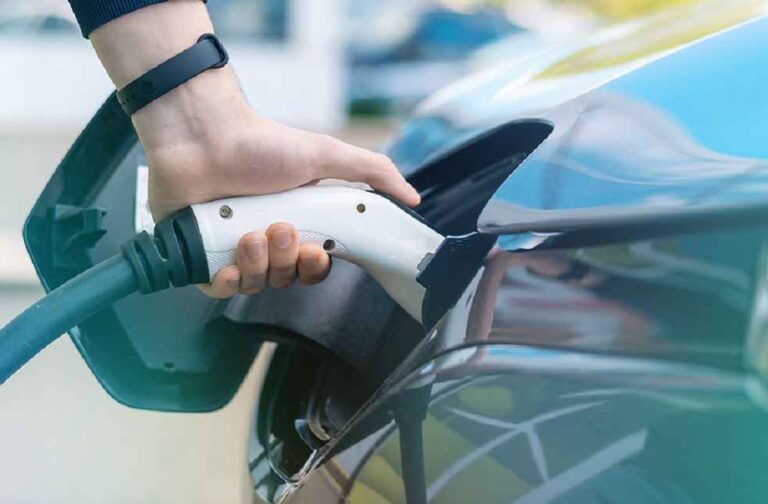Epsilon Advanced Materials, an Indian based battery materials manufacturer, announced on Monday its decision to inject a $650 million investment into an electric vehicle (EV) battery components facility in the United States.
This significant move was part of the joint statement issued by US President Joe Biden and Indian Prime Minister Narendra Modi during Modi’s recent U.S. visit, signifying growing international cooperation in the EV sector.
Epsilon’s proposed investment marks a significant milestone in the ongoing global shift towards electric mobility. The company’s planned U.S. facility aims to manufacture 50,000 tonnes per annum (TPA) of synthetic graphite anodes, a key component in lithium-ion batteries that power EVs. Notably, Epsilon intends to adopt green technologies for sustainable production, underlining its commitment to eco-friendly practices.

Vikram Handa, the founder and managing director of Epsilon, highlighted the vision driving this investment. “Energising the world with clean energy solutions is the driving force behind our investment in the U.S,” Handa stated. He emphasized the importance of the battery value chain as a key enabler for electric mobility adoption, and said, “We are focused on localising the battery manufacturing ecosystem. This initiative will enable automakers to leverage the EV subsidies under the U.S. Inflation Reduction Act and directly benefit end-users.”
The facility, expected to be operational by 2026, is set to play a crucial role in enhancing the U.S. EV market’s sustainability. At full capacity, it’s estimated to generate over $500 million by 2031. Additionally, the project is expected to create more than 1,500 direct and indirect job opportunities, contributing to the local economy and fostering the nation’s green employment sector.
Beyond the substantial economic impact, the facility will also have a significant influence on the EV industry. By providing crucial battery materials, it’s projected to power more than one million electric vehicles. Epsilon is currently evaluating various locations across the U.S. to strategically place the facility close to its major customers and optimal transportation routes.

Epsilon’s investment further demonstrates the growing global momentum towards sustainable mobility. Amid rising environmental concerns and increasingly stringent emission norms, this move is a significant step in bolstering the transnational supply chain for EV batteries. The demand for electric vehicles and, consequently, a strong and robust battery infrastructure is predicted to surge in the coming years, making investments like these both timely and crucial.
AWJ CHOICE: China’s Tax Incentives Boost EVs and Autonomous Vehicles





